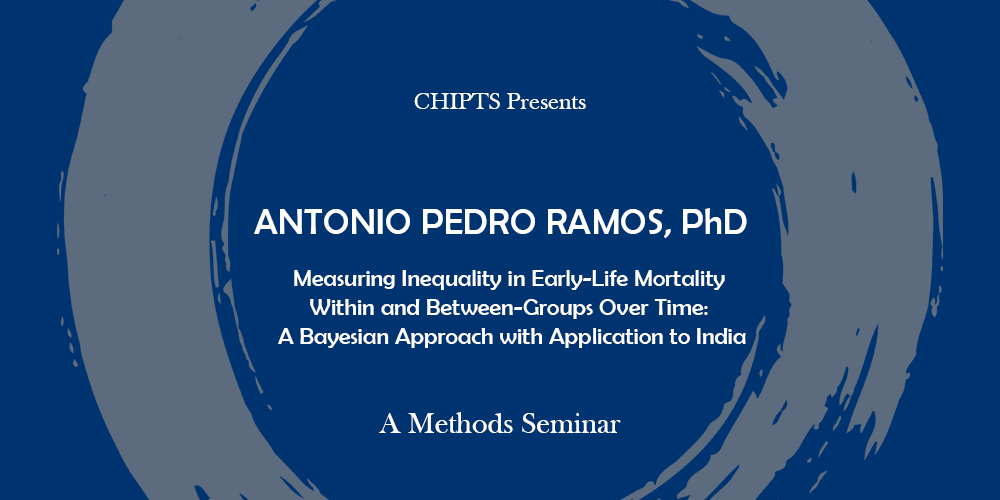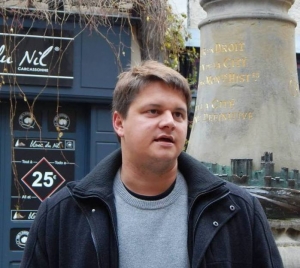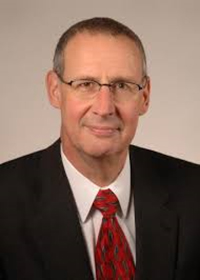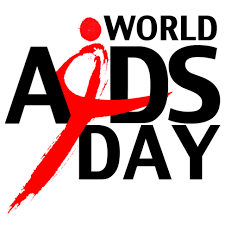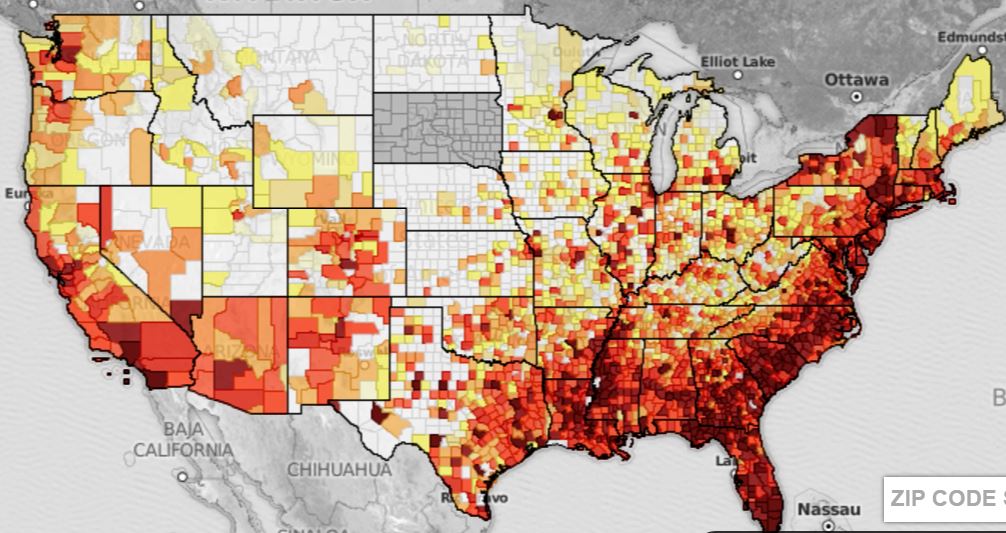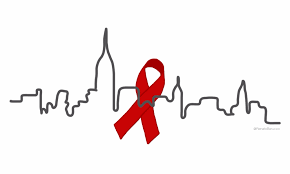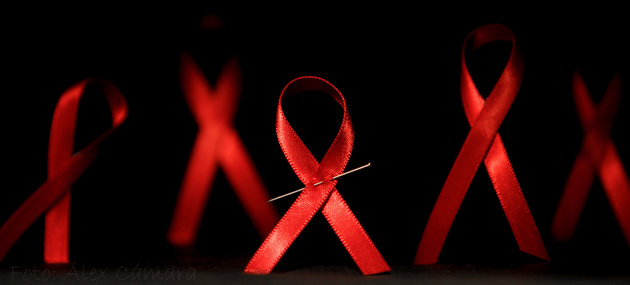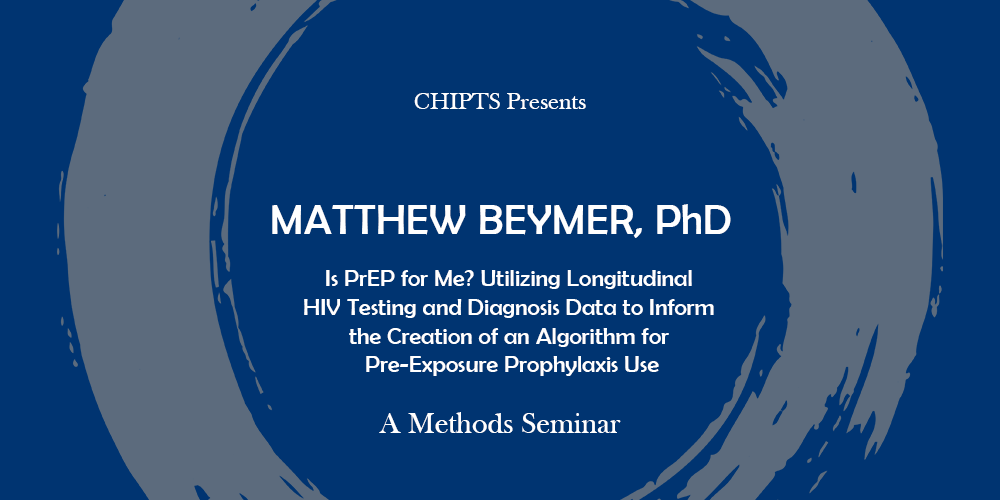The “S.H.E (Self. Healing. Empowerment.) is Beautiful” event held on Wednesday, December 14, 2016 was a huge success. 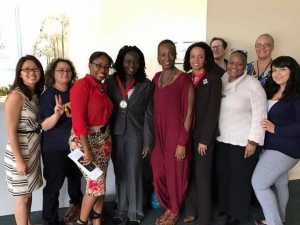 Over 125 HIV clinical and service providers and their clients attended the event. This one-day training was coordinated by the Los Angeles Women PrEP Network, which includes community representatives from the Los Angeles Women’s Collaborative, LA County HIV Drug & Alcohol Task Force, APLA Health, UCLA Center for AIDS Research (CFAR), One Woman Can, and UCLA/Los Angeles Family AIDS Network (LAFAN).
Over 125 HIV clinical and service providers and their clients attended the event. This one-day training was coordinated by the Los Angeles Women PrEP Network, which includes community representatives from the Los Angeles Women’s Collaborative, LA County HIV Drug & Alcohol Task Force, APLA Health, UCLA Center for AIDS Research (CFAR), One Woman Can, and UCLA/Los Angeles Family AIDS Network (LAFAN).
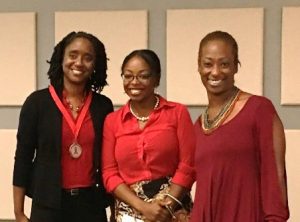 The event included presentations from Dr. Nina Harawa, Associate Professor from UCLA and Charles R. Drew University, Dr. Gifty-Maria Jane Ntim, Medical Director at APLA Health and Wellness, Dr. LaShonda Spencer, Assistant Professor from the University of Southern California, Dr. Hilda Sandoval, Mental Health Manager at AltaMed, Roxanne Lewis from Universal Condom Work Group Los Angeles, and many others. There was a consumer workshop on HIV and PrEP (Pre-Exposure Prophylaxis) facilitated by Susan Alvarado, MPH from APLA Health and Wellness, in addition to a workshop on HIV prevention strategies led by Traci Bivens-Davis. A major highlight of the event was the community panel discussion, which included women who are currently using PrEP. They shared their real-life stories behind why they decided to use PrEP and their experiences using this novel biomedical intervention.
The event included presentations from Dr. Nina Harawa, Associate Professor from UCLA and Charles R. Drew University, Dr. Gifty-Maria Jane Ntim, Medical Director at APLA Health and Wellness, Dr. LaShonda Spencer, Assistant Professor from the University of Southern California, Dr. Hilda Sandoval, Mental Health Manager at AltaMed, Roxanne Lewis from Universal Condom Work Group Los Angeles, and many others. There was a consumer workshop on HIV and PrEP (Pre-Exposure Prophylaxis) facilitated by Susan Alvarado, MPH from APLA Health and Wellness, in addition to a workshop on HIV prevention strategies led by Traci Bivens-Davis. A major highlight of the event was the community panel discussion, which included women who are currently using PrEP. They shared their real-life stories behind why they decided to use PrEP and their experiences using this novel biomedical intervention.
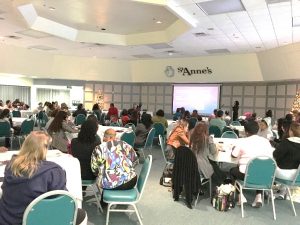 The event was sponsored by the County of Los Angeles, Division on HIV and STD Programs. Additional funding was provided by UCLA Center for HIV Identification, Prevention, and Treatment Services (CHIPTS), and Walgreens.
The event was sponsored by the County of Los Angeles, Division on HIV and STD Programs. Additional funding was provided by UCLA Center for HIV Identification, Prevention, and Treatment Services (CHIPTS), and Walgreens.
Congratulations to the LA Los Angeles Women PrEP Network for hosting a wonderful event and to everyone who attended!


